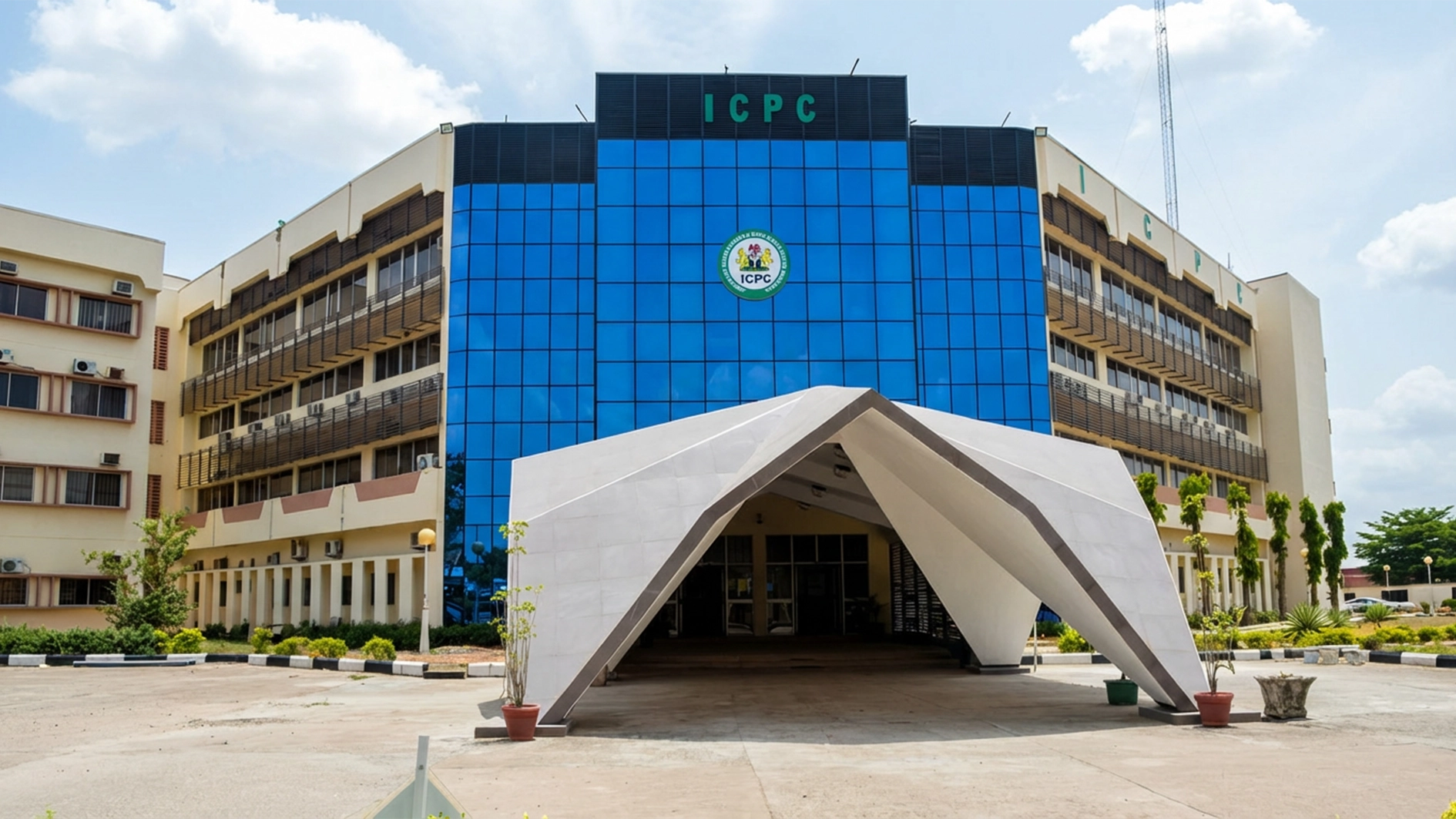Nigeria has officially endorsed a private sector-led approach to reform its food systems, ahead of the Second United Nations Food Systems Summit Stocktake (UNFSS+4) scheduled for 27–29 July in Addis Ababa, Ethiopia.
Vice President Kashim Shettima, who conveyed the country’s stance at a high-level briefing on Thursday at the Presidential Villa, Abuja, said the new direction aims to unlock the full potential of agribusiness through market-driven reforms, innovation, and public-private partnerships.
He stated that the Federal Government is prepared to provide the enabling environment, including policy support and affordable financing mechanisms, to empower private enterprises and agripreneurs to lead the transformation of Nigeria’s food and agriculture sector.
“Our role as a government is to de-risk, catalyse, and convene,” Shettima declared. “We will be deliberate in policy formulation and institutional support, but the private sector must drive this process.”
He added, “If it means providing single-digit credit to support agricultural finance, we will do it. That’s how countries like South Korea built their industrial base by backing their conglomerates. Nigeria can do the same for its food systems.”
Shettima outlined three core goals for Nigeria’s engagement at the Ethiopia-Italy co-hosted summit: To position Nigeria as a continental thought leader in food systems transformation, to align international partnerships with national development priorities, and to champion a scalable, private sector-led model that can drive food systems reform across Africa.
“Food systems transformation must go beyond reacting to global or local crises. It is about laying the foundation for long-term economic resilience,” he said.
“The task ahead is clear: empower the private sector, unlock efficient markets, and implement reforms that guarantee national productivity and shared prosperity.”
The summit in Addis Ababa will bring together global leaders to evaluate the implementation of commitments made during the inaugural 2021 Food Systems Summit and to shape new priorities for sustainable, inclusive, and resilient food systems.
Earlier, Dr. Sanjo Faniran, the National Convener and Director of the Social Development Office at the Federal Ministry of Budget and Economic Planning, highlighted Nigeria’s leadership at the 2023 stocktaking event in Rome, where Vice President Shettima chaired two key sessions. He stated that the upcoming summit represents a crucial milestone in Nigeria’s food systems journey.
“We’re working with all 36 states and the FCT to mainstream food systems transformation. The Addis summit is pivotal, and the Vice President’s participation will strengthen our national and regional advocacy,” Faniran said.
He also announced several key side events, including a ministerial roundtable on public finance, trade, and responsible investment, jointly organised by the World Bank and the International Fund for Agricultural Development (IFAD), and convened by UN Deputy Secretary-General, Hajiya Amina Mohammed.
Attendees at the Abuja briefing included the Minister of Agriculture and Food Security, Abubakar Kyari; Country Directors of the Food and Agriculture Organisation (FAO), IFAD, and the Global Alliance for Improved Nutrition (GAIN); representatives from the German development agency (GIZ); and several other stakeholders from the public and private sectors.






